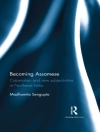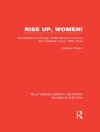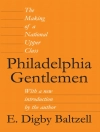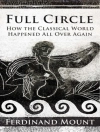Urban Villages and Local Identities examines immigration to the Great Plains by surveying the experiences of three divergent ethnic groups—Volga Germans, Omaha Indians, and Vietnamese—that settled in enclaves in Lincoln, Nebraska, beginning in 1876, 1941, and 1975, respectively. These urban villages served as safe havens that protected new arrivals from a mainstream that often eschewed unfamiliar cultural practices.
Lincoln’s large Volga German population was last fully discussed in 1918; Omahas are rarely studied as urban people although sixy-five percent of their population lives in cities; and the growing body of work on Vietnamese tends to be conducted by social scientists rather than historians, few of whom contrast Southeast Asian experiences with those of earlier waves of immigration.
As a comparative study, Urban Villages and Local Identities is inspired, in part, by Reinventing Free Labor, by Gunther Peck. By focusing on the experiences of three populations over the course of 130 years, Urban Villages connects two distinct eras of international border crossing and broadens the field of immigration to include Native Americans. Ultimately, the work yields insights into the complexity, flexibility, and durability of cultural identities among ethnic groups and the urban mainstream in one capital city.
लेखक के बारे में
Kurt E. Kinbacher is an assistant professor of history at Chadron State College. He is co-editor of Reconfigurations of Native North America and author of several articles and book chapters that focus on identity construction, human migrations, and region. His teaching interests are global in scope with favoritism towards East Asia and North America from a world-wide perspective.












